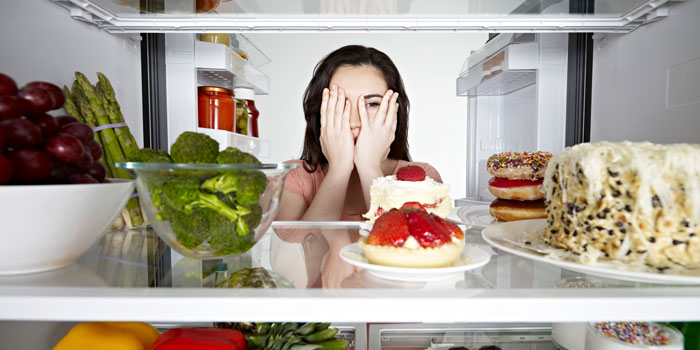New Study May Cause Changes to Many Diet Plans
Someone once told me that the scariest things a doctor could tell you is that you are pregnant, are going to die or you have to go on a diet. The lady who told me that being forced to go on a diet was almost as bad being told she would die from whatever illness. She went on to say that not being able to eat her favorite foods was the next thing to a death sentence.
Many people feel the same way. As soon as they hear the word diet, they instantly equate it to having to give up something and they are usually right.
In the past, I’ve written about a number of diets and what they are based upon and what they recommend that you eat, often listing a lot of foods that are bad and those that are good.
One friend of mine was given a diet by his doctor and when he looked at it, he said it looks like what you would feed a rabbit. My response is that I’d rather let the rabbit eat it and then I’d eat the rabbit, but I guess it really doesn’t work that way.
The bottom line is that most of us need to go on some sort of diet to either lose those unwanted pounds or control some kind of health condition like diabetes or even a cancer. But which diets are really best for losing weight?
That’s a question that was recently addressed by scientists at Harvard who looked that would help burn more calories than other things.
Here is some of what is being reported from that study:
“Does removing carbs from your diet help you burn more calories? Or does removing fat have a greater effect?”
“Well, they found that those struggling with their weight who went on a high-carb, low fat diet burned far fewer calories than those who replaced their carbs with fat.”
“250 calories a day was the difference…”
“It does, however, begin to suggest that every calorie isn’t the same. Which could eliminate the effectiveness of calorie-counting as a sure way to calculate weight-loss potential.”
“This study may have a great influence, though, because it was extensive. The researchers monitored 164 adults and made sure of their precise food intake over 20 weeks.”
“Moreover, the researchers were direct in their conclusions: ‘Lowering dietary carbohydrate increased energy expenditure during weight loss maintenance’.”
“It almost seems like scientists are now devolving into two camps: those that believe the greatest evil is carbs — menaces such as pasta and white bread — and those who still conclude that fats are the even greater evil.”
I am forced to add an important caveat here because I know some people don’t fully understand the reference to carbs. So many people and experts talk about cutting carbs and then they recommend you eat more fruit and vegetables which, in fact, are carbs.
Please understand that there are two very different groups of carbs – good carbs and bad carbs. In most instances in reports like this, they are referring to bad carbs, not the good carbs.
What’s the difference? Everything you eat breaks down in your digestive system. Some things break down quicker than others. This is especially important for diabetics, not just people who want to watch their weight. Starches and sugars tend to break down quickly. Did you know that starches break down into sugars? So, when you eat starchy foods – breads, rice, pasta, wheat-based foods – they break down quickly into sugars that then enter your system. This cause your blood glucose (sugar) level to spike. The body tends to take this excess sugar and begin storing it as fat. It also taxes your body’s insulin production. These are the bad carbs.
Good carbs are foods that take longer to break down. The slower they take break down, the steadier the supply of blood glucose and energy, which means the body finds it easier to handle it, thus less fat storage and less stress on the insulin system.
Please learn the difference between good carbs and bad carbs, because a so-called low-carb diet is actually a low bad carb and high good diet.









Recent Comments